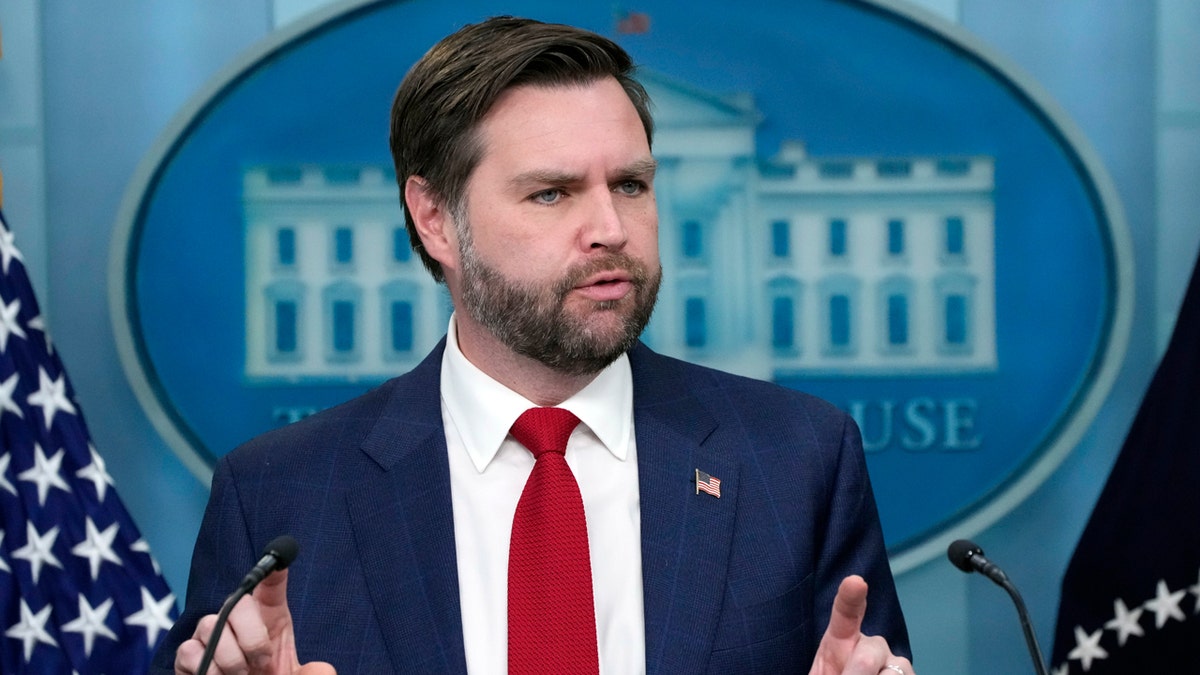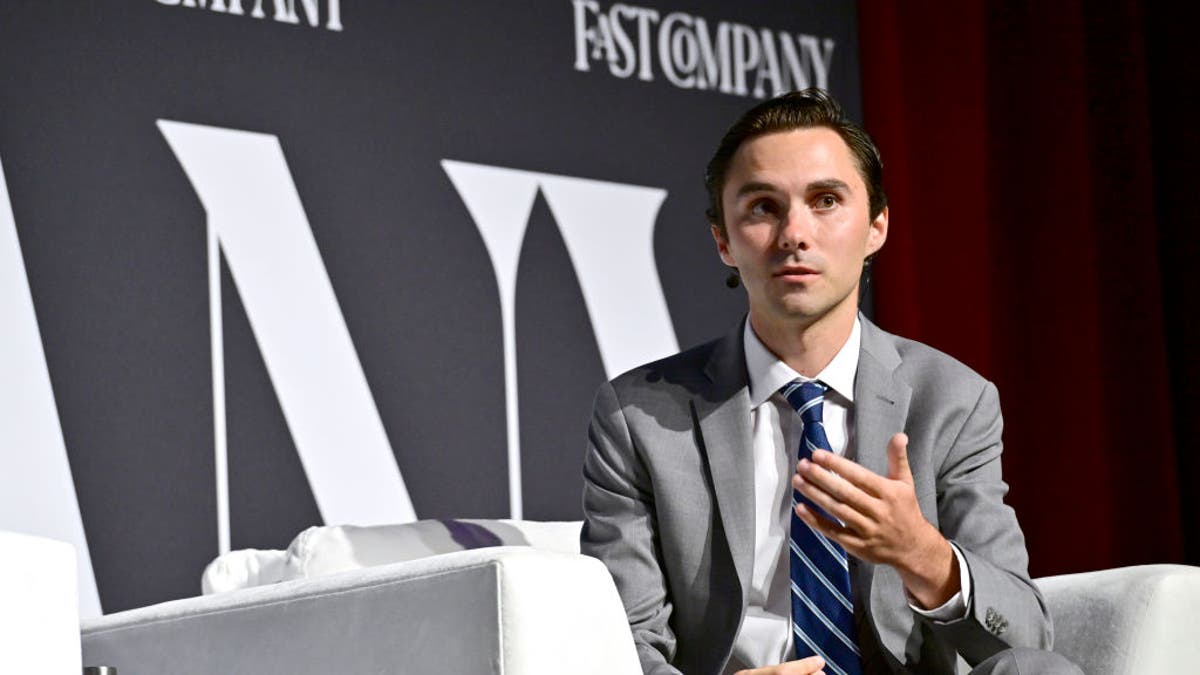A recent social media post by Vice President JD Vance ignited a fiery exchange regarding the balance of power between the executive branch and the judiciary. Vance argued against judicial interference in executive actions, drawing parallels to military operations and prosecutorial discretion. He asserted that judges overstepping their boundaries in these areas would be unlawful.
This statement followed several judicial rulings that have challenged President Trump's agenda, including blocks on access to personal data by the Department of Government Efficiency and challenges to executive orders on birthright citizenship and sex change procedures for minors. Vance's stance sparked immediate backlash from Democrats, who accused the administration of intending to disregard the rule of law. Illinois Governor JV Pritzker, a potential 2028 presidential hopeful, criticized Vance's remarks, emphasizing the importance of judicial review in upholding the legal system.

Other prominent figures joined the chorus of criticism, including former Transportation Secretary Pete Buttigieg and former Representative Liz Cheney. Buttigieg stressed that the judiciary, not the vice president, determines legality, while Cheney leveled accusations of tyrannical behavior. David Hogg, the Democratic Party's first Gen Z vice chair, characterized Vance's comments as an attempt to consolidate presidential power. Senator Chris Murphy of Connecticut went further, suggesting that Vance's words represented the core of a brewing constitutional crisis, claiming the administration was preparing to disregard judicial authority.

However, Vance found support from some conservatives, including columnist Kurt Schlichter and Yale Law professor Jed Rubenfeld. Rubenfeld concurred with Vance's view that judges lack the constitutional authority to intervene in areas of exclusive executive power. The debate also spilled over to the topic of President Biden's student loan forgiveness plan, which was blocked by the Supreme Court. While Biden sought alternative avenues to address student debt, critics pointed to this as an example of inconsistent application of principles regarding executive authority.


This online clash highlights the ongoing tension between the executive and judicial branches, particularly regarding the scope of executive authority and the role of judicial review. The differing interpretations of constitutional principles, combined with the politically charged atmosphere, continue to fuel this complex debate.
Comments(0)
Top Comments